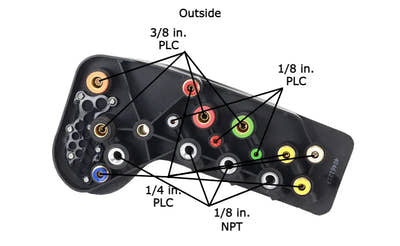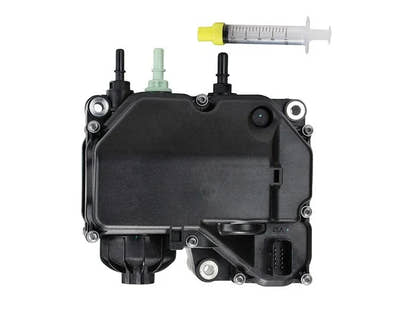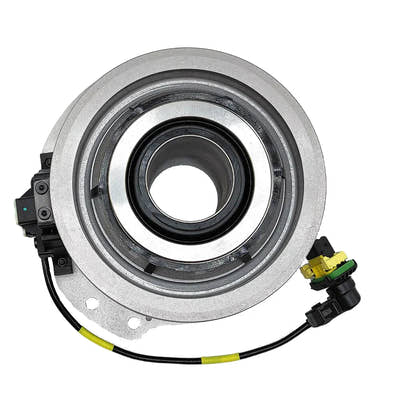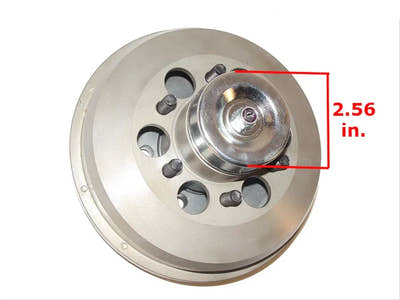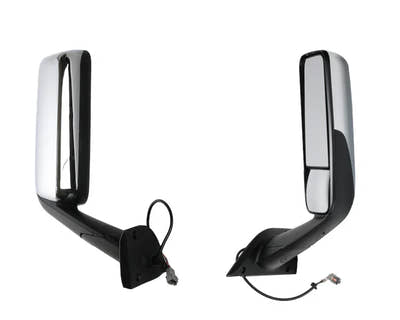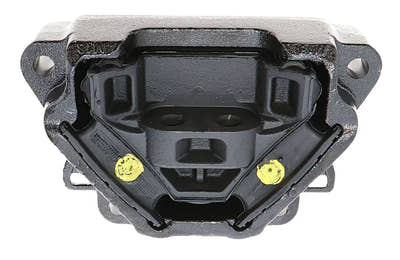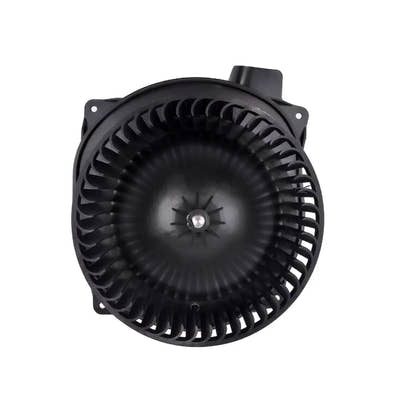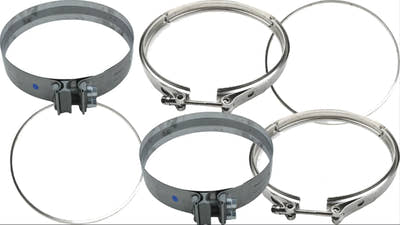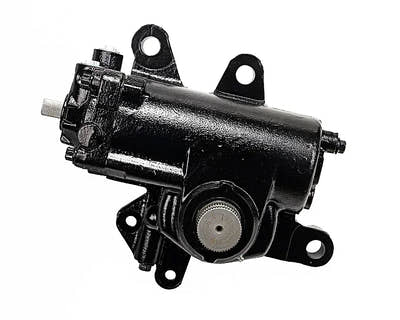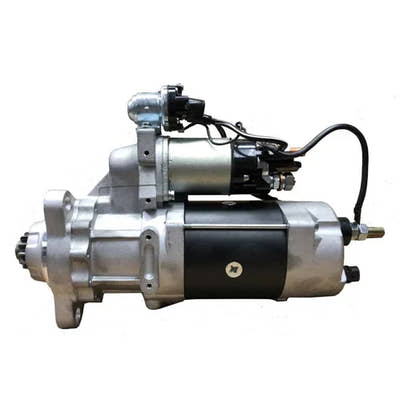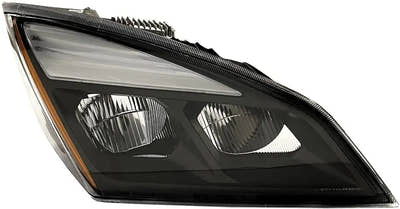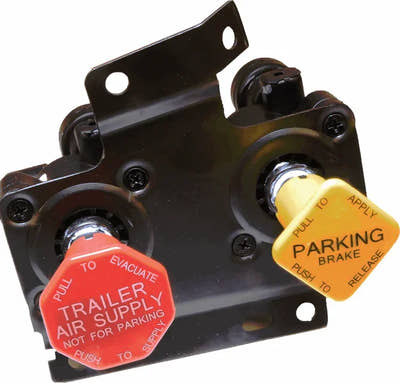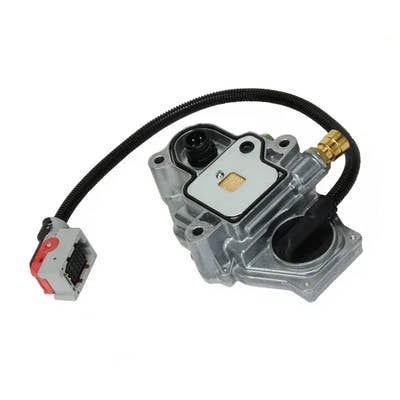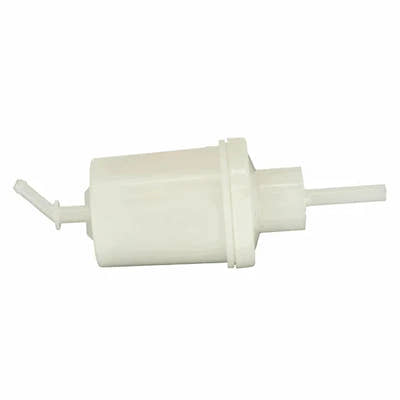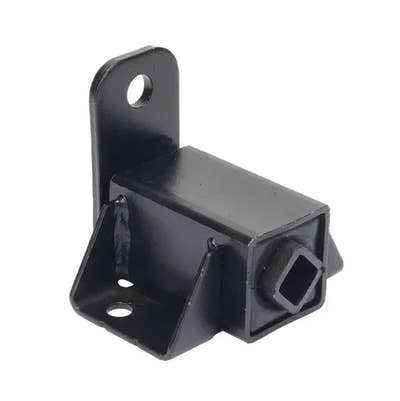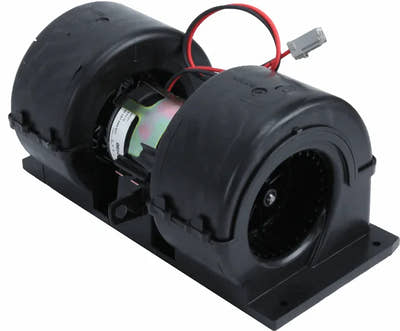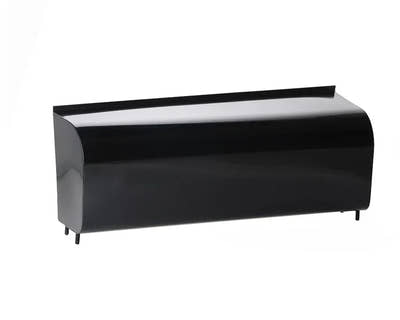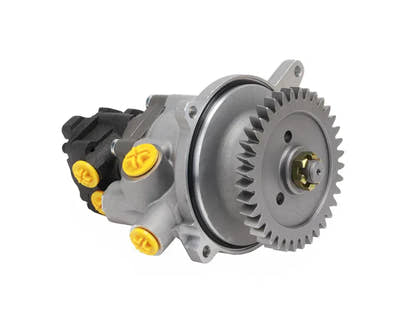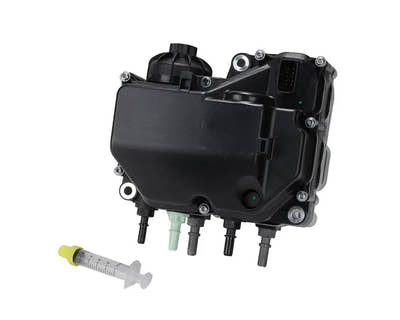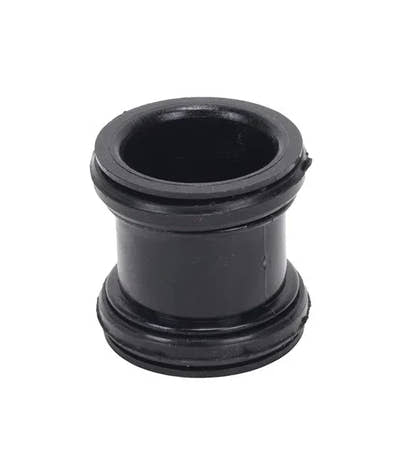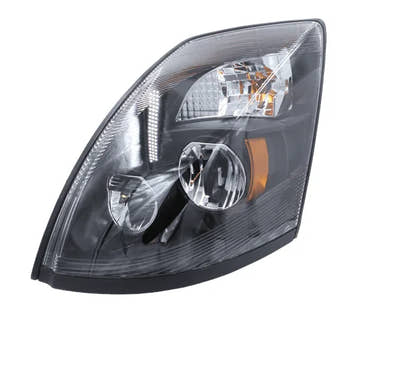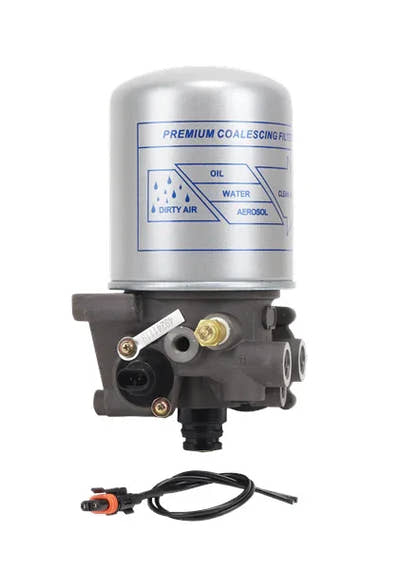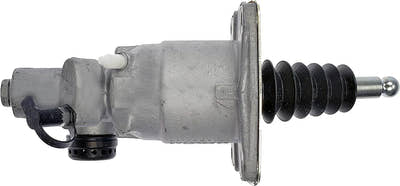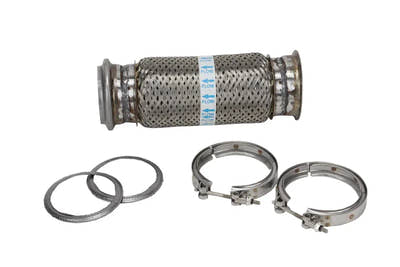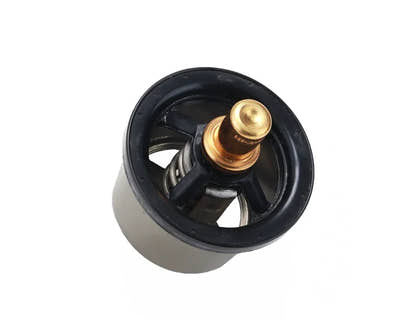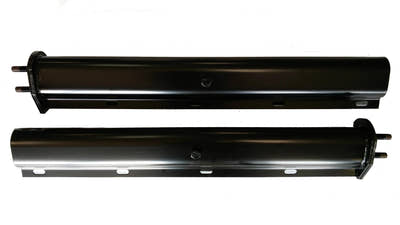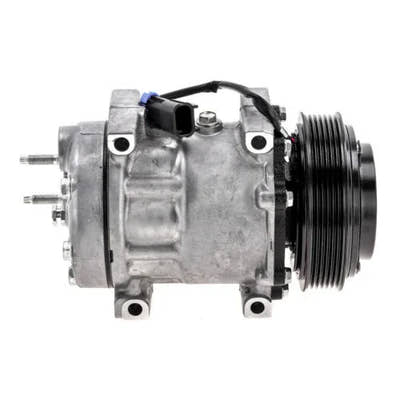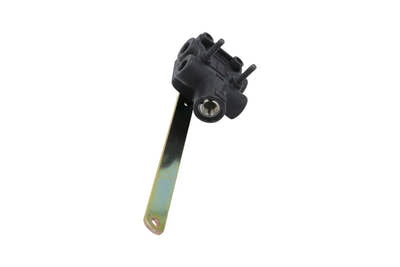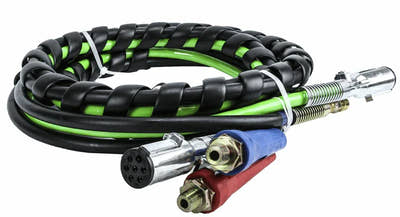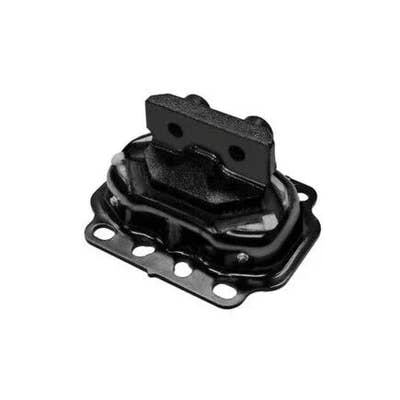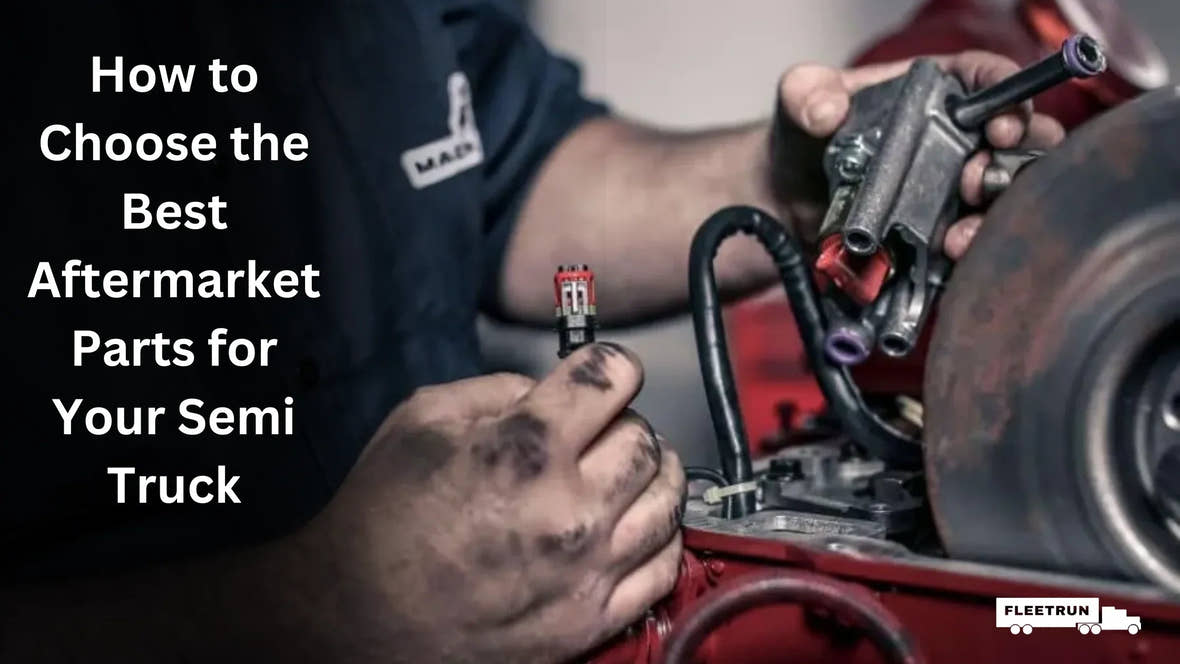
How to Choose the Best Aftermarket Parts for Your Semi Truck
Aftermarket parts have always been a hot topic in trucking. You won't break the bank buying them, but if you’re not careful, you can easily buy parts that you have to send back, or in the worst case, you let them collect dust in your garage. So should you stay away from Aftermarket parts? Not really. You can get high-quality parts on a budget if you do your due diligence. Informing yourself about the seller’s reputation, manufacturer, and warranty policy is a must if you want to get the best bang for your buck. Now you may say: “I already knew all of this”, and honestly it would’ve been bad if you didn’t, but buckle up, ‘cause we’re just getting started.
Here are 5 essential tips all truckers should follow to select the best aftermarket parts:
1. Understand your needs

The first step is knowing when you need to buy new parts. It’s pretty obvious when one part breaks and you need to replace it immediately, but you also have to consider that well-worn parts may need replacement soon. Ideally, you want to keep a log of all the parts you bought (when you bought them, how much they lasted, overall performance, etc) to compare them with other parts you had or saw reviews about. This will ensure that you will purchase the highest quality aftermarket parts going forward.
2. Research Resellers

People always research sellers before purchasing something, which is common practice across all industries. But now we’re talking about truck parts, so what should you be looking for in the ideal truck parts reseller? These are the most important things to look for:
- Reviews: A good reseller will always make people leave positive reviews. The buyer experience can be different from customer to customer, but generally, you should only buy from resellers with an average of at least a 4-star rating.
- The brands they sell: Experimenting with different brands is absolutely fine, but if you want to go the safer route, stick to the popular aftermarket parts manufacturers, and you shouldn’t face any major problems.
- Warranty Policy: All reputable resellers will have a warranty policy for the parts they sell. A good warranty will have you covered for at least 6 months.
- Customer Support: Make sure the reseller you purchase parts from has a dedicated customer support in place. The last thing you’d want is to buy a part that doesn’t fit and wait 30 days or longer to return it.
3. Evaluate Cost vs. Value

While most truckers opt to buy aftermarket parts because they are cheaper, you shouldn’t go for the cheapest part you can find. If you notice a price difference of more than 20-30% compared to similar parts on the market, then it is very likely that the cheaper part may be of lower quality. The goal should always be purchasing the right part at the correct price. If you manage to do so, you will reduce your downtime costs and increase your long-term savings.
4. Compatibility and Integration

Getting a good deal is great, but most importantly, you have to make sure that the parts you’re buying fit your truck model. Pay close attention to the part specifications on the reseller’s website. Online resellers will have the option to search parts by VIN (Vehicle Identification Number) or they will display a phone number you can to get in touch with an expert. If you buy your parts from a physical store, make sure you ask an employee to help you with your purchase. Buying the wrong part will increase your downtime costs, and depending on the reseller's warranty policy, you may also have direct financial losses.
5. Innovation

Most of the time, truckers will opt for aftermarket parts because they are cheaper, convenient, and easier to find, however, aftermarket parts have another significant advantage to their OEM counterparts. Manufacturers of aftermarket parts innovate much faster than OEM because they will take the OEM parts and reverse engineer their issues to create more efficient and resilient parts. So if you’re looking to upgrade to newer technology, you are more likely to find it in aftermarket parts. Trucking news websites and the social media channels of parts manufacturers are great places to research if you want to stay informed on new technology.
Conclusion
Aftermarket parts can be riskier to buy if you are not aware of the problems you may encounter, but if you follow our tips, you should be able to save money, reduce downtime, and improve the efficiency of your fleet. Keep hauling!
